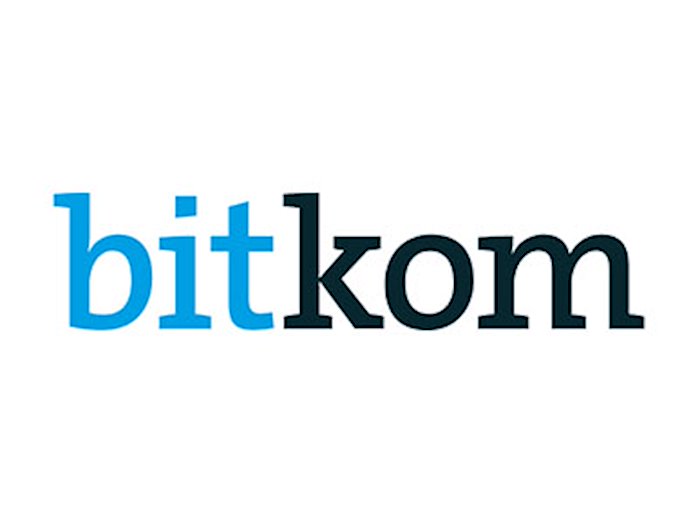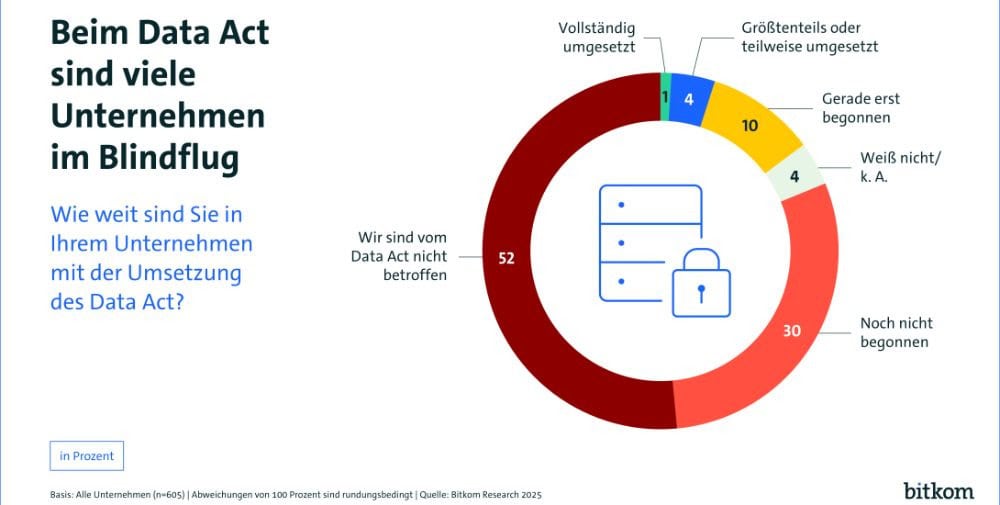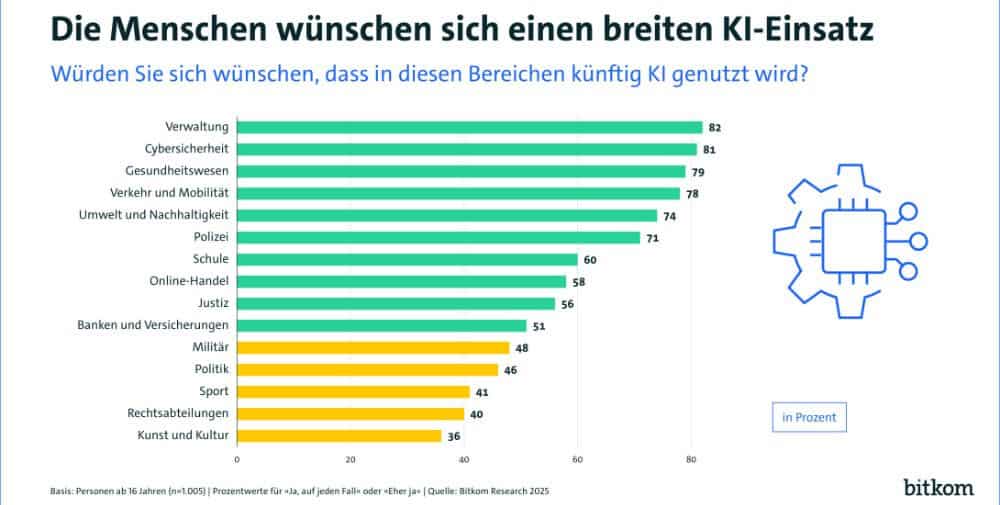
“Open source is not a nerdy niche in the digital world. Open source offers companies concrete advantages, such as customized solutions or even the ability to comprehensively check software for security vulnerabilities,” says Bitkom President Dr. Ralf Wintergerst. “However, open source also offers opportunities for Germany as a business location and helps to get closer to the goal of digital sovereignty.”
The biggest advantages of open source are cost savings, cited by 35 percent, and access to the source code (16 percent), followed by the ease of customization (7 percent) and the ease of switching providers (6 percent). The most important criterion when selecting open source solutions for companies that already use open source is functionality. This is cited by 95 percent of companies. Security and available security certifications (93 percent) as well as the presentation of authorship and rights ownership (85 percent) are also of great importance.
Every second company (51 percent) contributes to the success of open source. Most frequently through paid support or licenses for paid enterprise variants of corresponding solutions (41 percent). In one in four companies (25 percent), however, teams or individual employees also work actively on projects in the open source community, and 15 percent make modified source code available again themselves. However, the use of open source is often not yet strategically addressed in the companies. Only one in three (32 percent) has an open source strategy.
All the results, including those on the subject of compliance, practical application examples and use in public administration, are contained in the “Open Source Monitor 2023”.
– – – –
Further links
👉 www.bitkom.org
👉 Open Source Monitor 2023
Photo: pixabay




